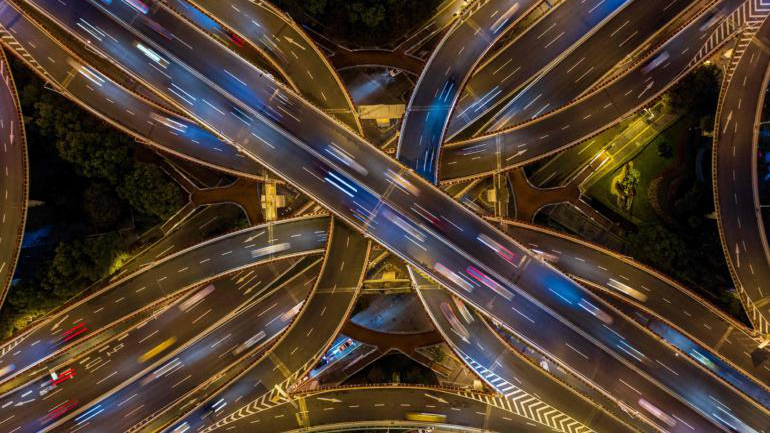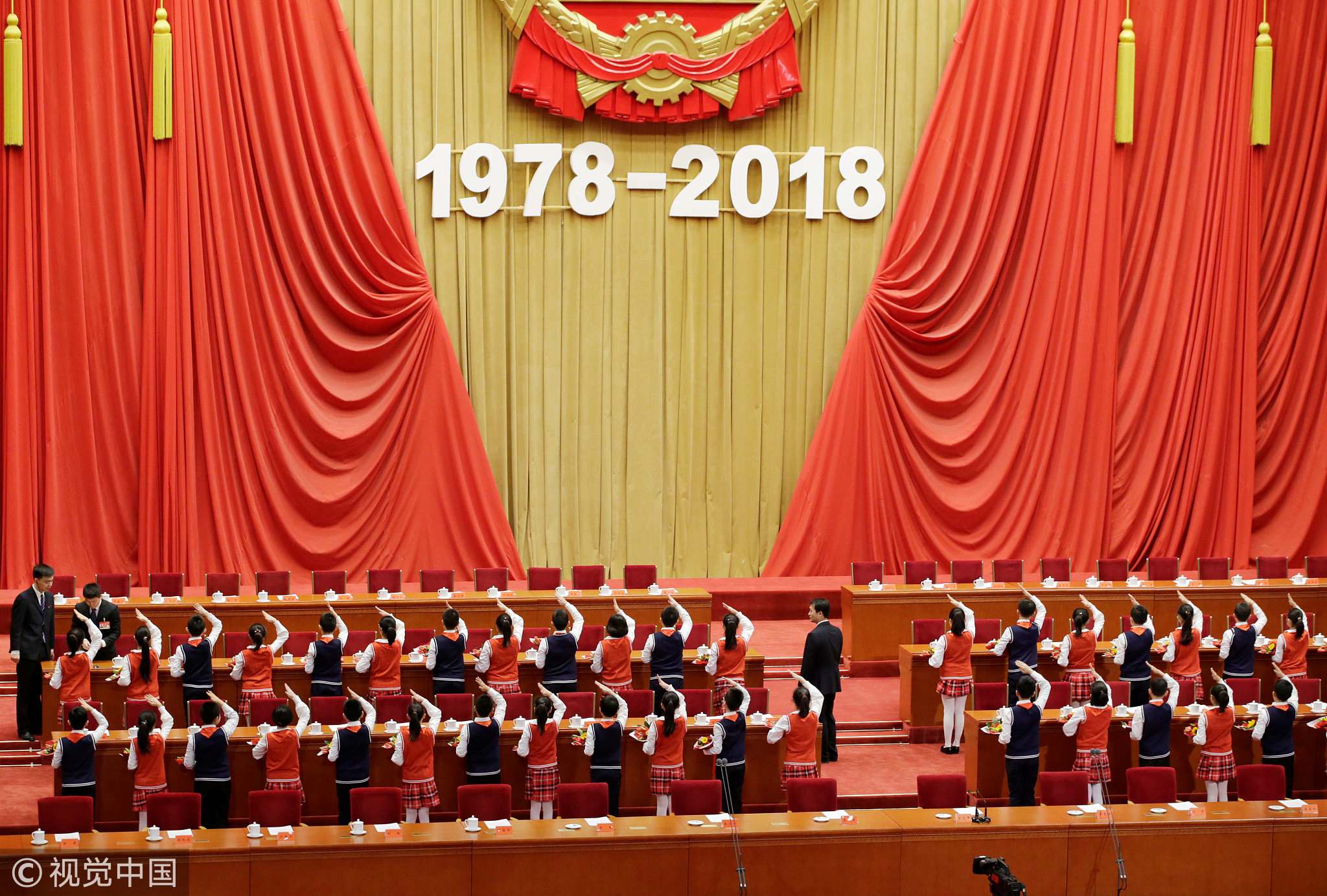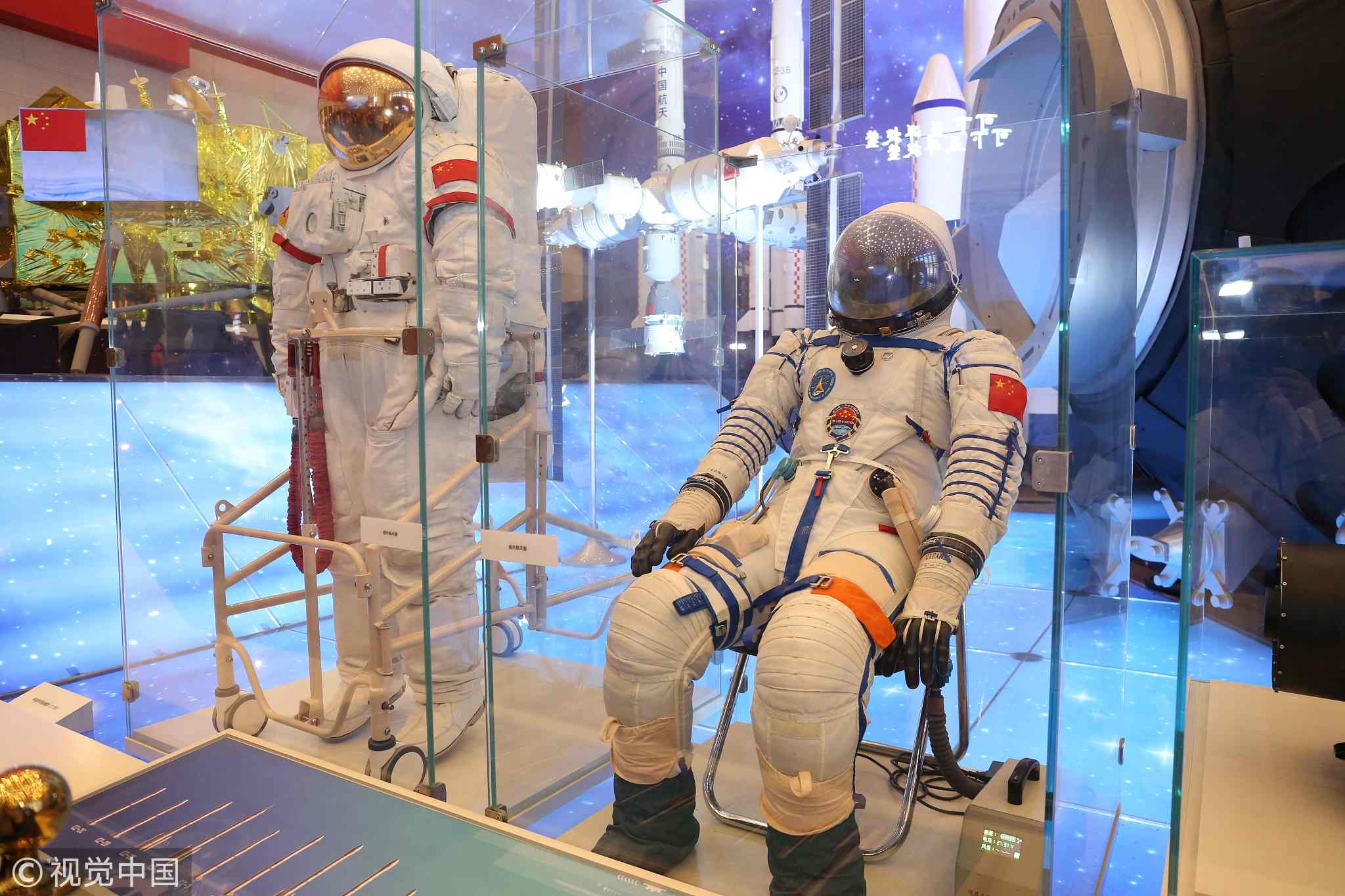
Opinions
12:31, 20-Dec-2018
Opinion: China's progress will continue to yield benefits for global economy
Updated
12:00, 23-Dec-2018
Gordon Houlden

Editor's note: The article was first published on CGTN America on December 19. Gordon Houlden is the director of the University of Alberta's China Institute. He is former Canadian diplomat with 31 years of China-watching. His analysis represents his views alone.
My own diplomatic and academic career roughly coincides with the period of the Chinese economic reform period, as I began to work full-time on China beginning in 1981. In 1983 I met Deng Xiaoping, the principal architect of China's early economic reform, thanks to a visit by then Prime Minister Pierre Trudeau to China. Deng was the indispensable visionary behind China's march towards modernization, laying the foundation and overseeing the early stages of construction of a modernized Chinese economy.
However, it is my impression that even Deng, the leading designer of the economic reform template did not anticipate how far and how fast China's modernization would proceed between 1978 and 2018. There is no parallel in human history, not even the Industrial Revolution in Britain, or the industrial development of the United States in the second half of the 19th century, where the standard of living of so many people was raised so far in such a short time.

Students prepare for an event marking the 40th anniversary of China's reform and opening-up at the Great Hall of the People in Beijing, China, December 18, 2018. /VCG Photo
Students prepare for an event marking the 40th anniversary of China's reform and opening-up at the Great Hall of the People in Beijing, China, December 18, 2018. /VCG Photo
China can justly be proud of what has been done. But it has not simply been the result of sound economic planning by China's leaders. A broad program of national rejuvenation also required hard work by hundreds of millions of Chinese. Beginning with the modernization of Chinese agriculture, the reform successes were also the result of sustained effort by Chinese farmers, workers, teachers, scientists and entrepreneurs across China.
Traditional Chinese values such as respect for education were essential to success, along with the Chinese government's harnessing of science and technology in realizing developmental goals. Also significant was the willingness of Deng Xiaoping, and subsequent Chinese leaders to learn from Western models. This did not mean simply copying Western approaches. It rather meant that China adapted those elements of Western economies that best fit its own developmental goals.
Nothing on earth is easy, or perfect. China in its high-speed industrialization also paid an environmental price as it became the “workshop of the world.” That environmental damage must be addressed by China's current leadership, and it is being addressed in Chinese policies to fight climate change, encourage re-forestation, and to protect and restore China's a land and water resources.

On December 16, 2018, the exhibition hall of the National Museum celebrating the 40th anniversary of the reform and opening-up. /VCG Photo
On December 16, 2018, the exhibition hall of the National Museum celebrating the 40th anniversary of the reform and opening-up. /VCG Photo
The story of China's modernization is not finished. China is now shifting to higher-quality industrial production, a greener economy, and tackling tough social challenges such as an aging population, the need for enhanced and universal health care, and urban/rural income disparities.
While China is moving towards an economic model that is more dependent on internal demand than export-led growth, the global economy has entered a period of uncertainty regarding the “rules of the road” on trade.
These uncertainties may temporarily slow China's progress towards a comprehensively modernized society, but it is my view that the Chinese march towards modernity will continue, and that this progress will continue to yield a net benefit for the global economy.
(If you want to contribute and have specific expertise, contact us at opinions@cgtn.com)

SITEMAP
Copyright © 2018 CGTN. Beijing ICP prepared NO.16065310-3
Copyright © 2018 CGTN. Beijing ICP prepared NO.16065310-3